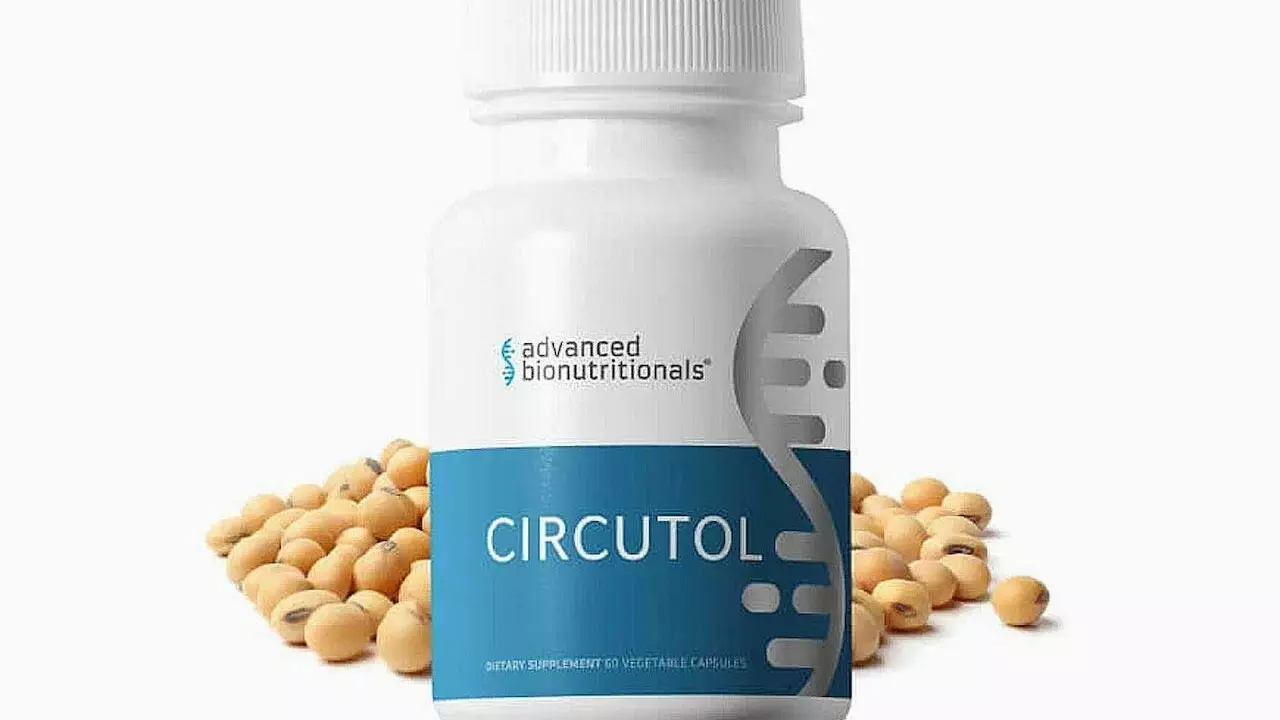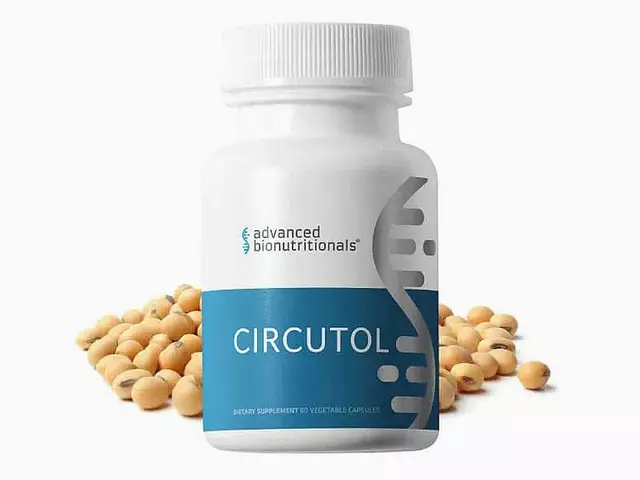The Rich History of Peony as a Medicinal Plant
Before we delve into the potential of peony as a modern dietary supplement, it's essential to appreciate its rich history. Known as the 'King of Flowers' in China, peony has been used for centuries in traditional medicine. Primarily, it was used to treat inflammation, menstrual disorders, and even used as a tranquilizer.
Peony has a deep-rooted history in Chinese and Japanese cultures, not just for its medicinal properties, but also its ornamental value. It was believed to symbolize prosperity, love, and honor. In fact, in ancient China, only the noble were allowed to grow peony in their gardens.
The therapeutic properties of peony have been documented in ancient medicinal texts. Dioscorides, a Greek physician, mentioned the use of peony roots for treating epilepsy in his book ‘De Materia Medica’. The plant found its way into European herbal medicine and was used for treating gout and childbirth pain.
Understanding the Healing Properties of Peony
The healing properties of peony are attributed to its rich bioactive compounds. Peony contains paeoniflorin, a potent anti-inflammatory compound that also exhibits neuroprotective effects. Other beneficial compounds present in peony include flavonoids, tannins, and polysaccharides, all of which have shown promising health benefits.
Peony’s anti-inflammatory properties make it effective in managing autoimmune disorders like rheumatoid arthritis. It also shows potential in managing neurodegenerative diseases due to its neuroprotective effects. The antioxidant properties of the compounds in peony protect cells from oxidative damage, thus promoting overall health and wellbeing.
Peony as a Modern Dietary Supplement
Today, the benefits of peony are harnessed in the form of dietary supplements. Peony supplements are available in various forms, including capsules, tablets, and powders. These supplements are touted for their potential to improve immunity, promote skin health, and support the nervous system.
Peony supplements can also provide relief from menstrual discomfort. Some research suggests that peony supplements may help regulate hormones, thus alleviating symptoms of premenstrual syndrome (PMS) and menopause. However, it's always advisable to consult a healthcare professional before starting any dietary supplement regimen.
The Potential Side Effects and Precautions
While peony offers numerous health benefits, it's important to be aware of potential side effects and precautions. Some people may experience allergic reactions to peony supplements, characterized by rash, itching, or difficulty breathing. In such cases, it's crucial to discontinue use and seek immediate medical attention.
Peony supplements may also interact with certain medications, such as those used for treating diabetes or high blood pressure. Therefore, if you're on any medication, it's advisable to consult your healthcare provider before starting peony supplements. Pregnant and breastfeeding women should also exercise caution, as the safety of peony supplements during these periods has not been thoroughly researched.
Making the Most of Peony Supplements
When it comes to reaping the benefits of peony, it's not just about taking the supplement; it's also about making healthy lifestyle choices. A balanced diet, regular exercise, and adequate sleep can enhance the efficacy of peony supplements.
Choosing high-quality peony supplements is also crucial. Look for supplements that are free from additives and are standardized to contain a specific amount of paeoniflorin. Also, it's always best to follow the recommended dosage instructions on the product label.
The ancient remedy of peony has found its place in modern health and wellness regimes. With its potent healing properties, peony supplements can potentially offer a natural, complementary approach to promoting health and wellbeing.








July 26, 2023 AT 19:56
Megan Raines
So peony was once only for nobles? Guess that explains why my garden looks like a peasant revolt.
July 28, 2023 AT 02:36
Mamadou Seck
peony supplements are just fancy herbal tea with a price tag and a fancy label
also why does everything now need to be a supplement
my grandma used to chew roots and call it a day
July 28, 2023 AT 06:47
Judy Schumacher
While the historical context is charming, the scientific validation for paeoniflorin's neuroprotective effects remains largely preclinical, with only a handful of randomized controlled trials conducted on humans, and even those are often confounded by small sample sizes and lack of placebo control. The bioavailability of paeoniflorin is notoriously poor, with studies indicating less than 10% absorption in its oral form, rendering most commercial supplements pharmacologically inert unless formulated with advanced delivery systems such as liposomal encapsulation or nanoparticle carriers. Furthermore, the standardization of herbal extracts is notoriously inconsistent across manufacturers, with some products containing negligible amounts of active compounds while others contain toxic adulterants. Regulatory oversight by the FDA is virtually nonexistent for dietary supplements, meaning consumers are essentially gambling with their health under the guise of "natural wellness."
July 29, 2023 AT 05:26
Anthony Griek
in japan they still use peony in kampo medicine and it's actually covered by national health insurance
so maybe the west is just slow to catch up
not saying it's magic but it's not magic either
it's just plant chemistry that's been around longer than most of our drugs
July 30, 2023 AT 15:33
Norman Rexford
peony is cool and all but america made the internet and smartphones so why are we still copying chinese medicine like its 1200 ad
we got labs and phds and still chasing roots
also who lets a flower be king anyway
the rose is the real king
August 1, 2023 AT 12:02
Wayne Keller
if you're thinking about trying peony supplements start low and watch how you feel
some people get a weird stomach upset or drowsiness
and if you're on meds for blood pressure or diabetes check with your doctor first
no rush, no hype, just be smart
August 1, 2023 AT 15:29
Shana Labed
peony as a supplement? yes please
my skin has never looked better since i started taking it
and my anxiety? poof gone
like magic fairy dust from the garden of the gods
also i bought it from a lady on instagram who said it was blessed by a monk in shanghai and now my chakras are aligned
and i'm not even joking
August 2, 2023 AT 02:24
California Daughter
Wait-so you’re telling me… a flower that was once forbidden to peasants… is now sold in capsules… by people who’ve never seen a peony plant… in a country that banned tea leaves as a controlled substance in 1971… and we’re calling this "ancient wisdom"?… Hmm…
August 3, 2023 AT 02:16
Vishwajeet Gade
india has 5000 year old ayurvedic herbs and we dont sell peony as supplement
you americans turn every leaf into a billion dollar scam
peony? more like peony-coin